Anger Ensues Over Trump’s National Guard Deployment
CLEVELAND, OHIO – Tensions are rising as Cleveland officials push back against calls to deploy the National Guard amid soaring violent crime, rising homicides, and a wave of fear gripping families and small businesses.
Rep. Max Miller (R-Ohio) has sounded the alarm, urging Ohio Gov. Mike DeWine (R) to take decisive action to protect citizens. In a fiery op-ed published in The Washington Times, Miller warned that Cleveland is facing a full-blown public safety crisis.
“My constituents in the suburbs are afraid to go into the city,” Miller wrote.
“The Cleveland I grew up in is now unrecognizable. Families don’t feel safe walking down the street, and small businesses are being boarded up as crime drives customers away.”
Miller pointed to President Trump’s successful strategy of deploying the National Guard to Washington, D.C., during periods of unrest. He said that when Trump acted decisively, “the city immediately became noticeably safer” — and Cleveland deserves the same protection.
Mayor Bibb Rejects Call for Action
Cleveland Mayor Justin Bibb (D), who also serves as president of the Democratic Mayors Association, flatly rejected Miller’s proposal to send in federal forces.
“We don’t need the National Guard in Cleveland,” Bibb said during a podcast interview on Right Now With Perry Bacon.
Bibb said he personally spoke with Gov. DeWine, who refused to deploy the Guard without the mayor’s approval, citing Ohio’s “home rule” laws, which give local officials control over law enforcement decisions.
The City of Cleveland issued a statement doubling down on its stance, vowing to rely on local police and federal partnerships rather than the National Guard.
“The best way to protect our cities is by having local law enforcement collaborate closely with the community, the State of Ohio, and federal agencies,” the statement said.
Democrats Slam Miller’s Proposal
Rep. Shontel Brown (D-Ohio) fiercely attacked Miller’s plan, calling it “unnecessary, unserious, and flat-out counterproductive.” She accused Miller of performing “political stunts” instead of finding what she called “real solutions.”
Brown attempted to shift the narrative, claiming Miller’s past votes on healthcare funding would hurt 22,000 of his own constituents.
Meanwhile, Michael Deemer, CEO of Downtown Cleveland Alliance, defended the city’s leadership and accused Miller of exaggerating the crime problem.
“Downtown Cleveland is unrecognizable — in the best way,” Deemer posted on X.
“If you don’t live, work, or visit downtown, don’t speak for downtown. Downtown is safe, and we are proud of its progress.”
Conservative Leaders Say Cleveland Needs Help Now
Miller’s urgent plea reflects growing frustration among conservatives who say Democrat-run cities are failing to protect their citizens, leaving suburban families, small business owners, and taxpayers at risk.
Supporters of Miller’s plan argue that deploying the National Guard would send a powerful message that lawlessness will not be tolerated — and that every Ohioan deserves to feel safe in their own community.
With violent crime climbing, critics warn that political gamesmanship could leave innocent families caught in the crossfire.
“This is about protecting people, not politics,” Miller wrote.
“We must act now before more lives are destroyed.”
Why This Matters to Conservatives
- Public Safety at Risk: Violent crime is driving families and businesses out of urban areas.
- Trump’s Leadership Example: His use of the National Guard in D.C. brought stability and safety.
- Democratic Resistance: Local leaders appear more focused on political control than citizen protection.
- Future of Ohio Communities: Without decisive action, crime could spread beyond city limits.
Bottom Line
The clash over whether to deploy the National Guard to Cleveland is about more than just one city — it’s a battle over law and order, public safety, and political accountability.
As crime rises, many conservatives believe that bold, decisive action like President Trump demonstrated is needed to restore safety and confidence. The question now is whether state and local leaders will prioritize citizens over politics, or let the crisis continue unchecked.

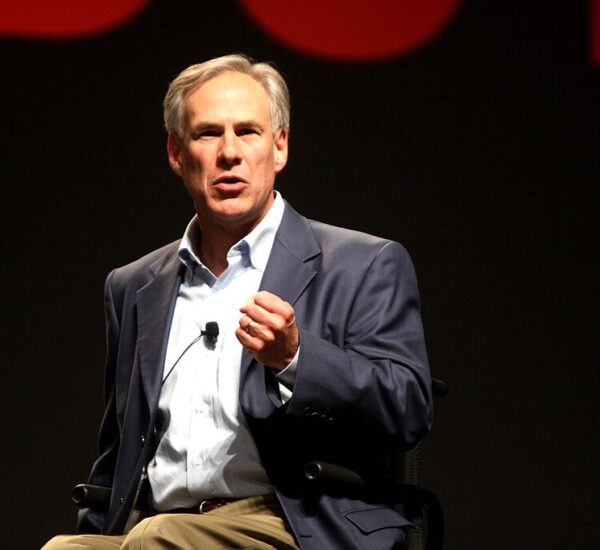
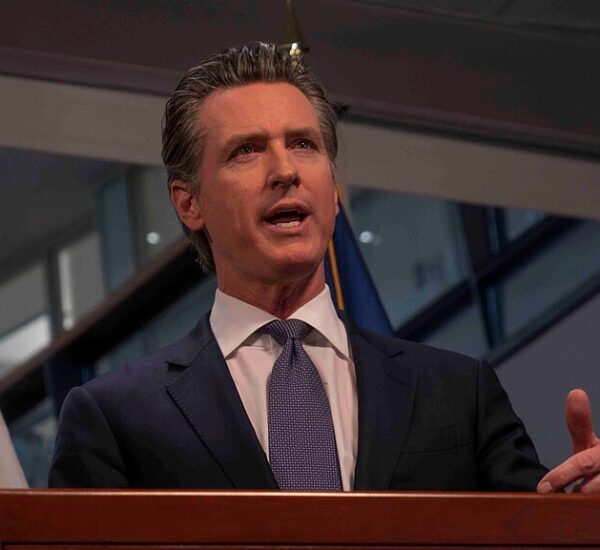
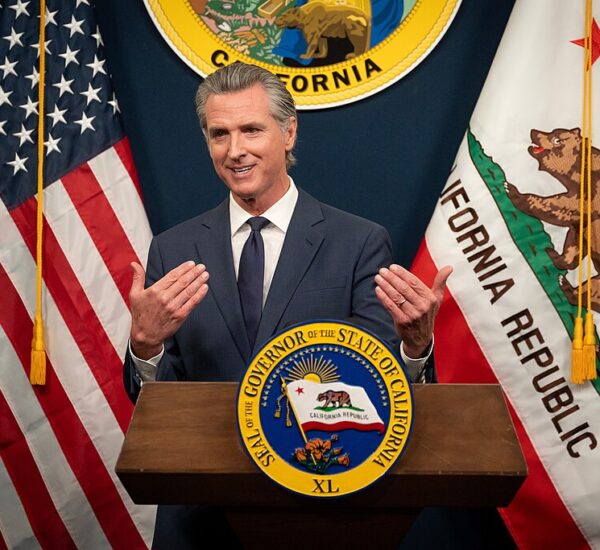
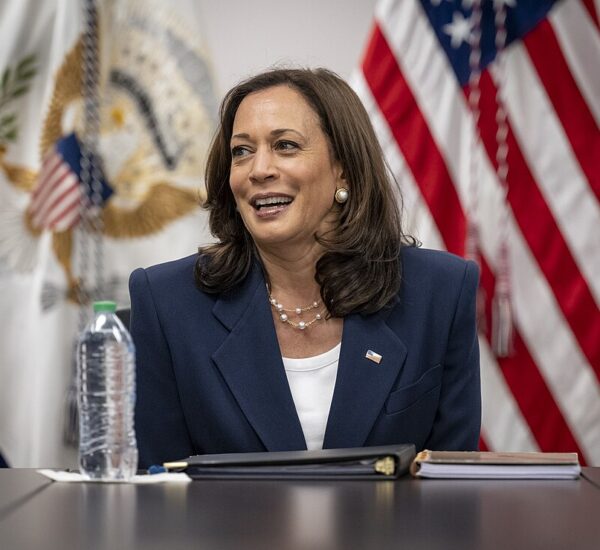
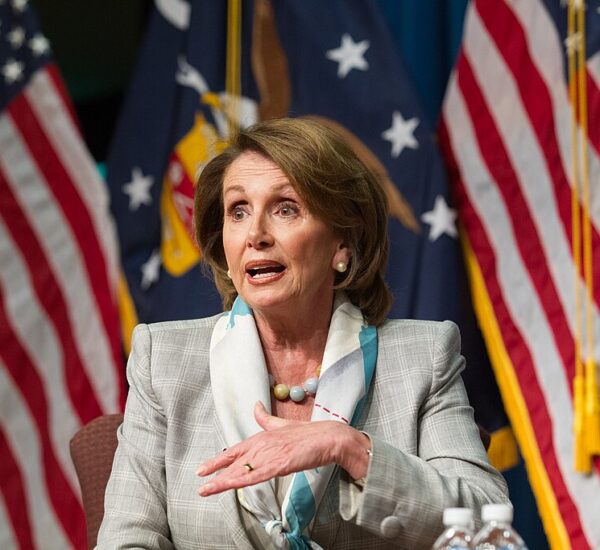
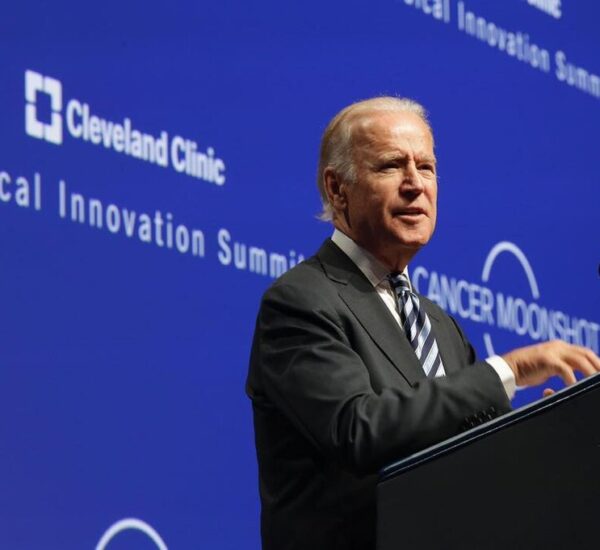
https://shorturl.fm/bHpkv
https://shorturl.fm/B7C4w
https://shorturl.fm/8KlvJ
https://shorturl.fm/f8p5S
https://shorturl.fm/U0PyD
https://shorturl.fm/IeZBM
https://shorturl.fm/VQQuy